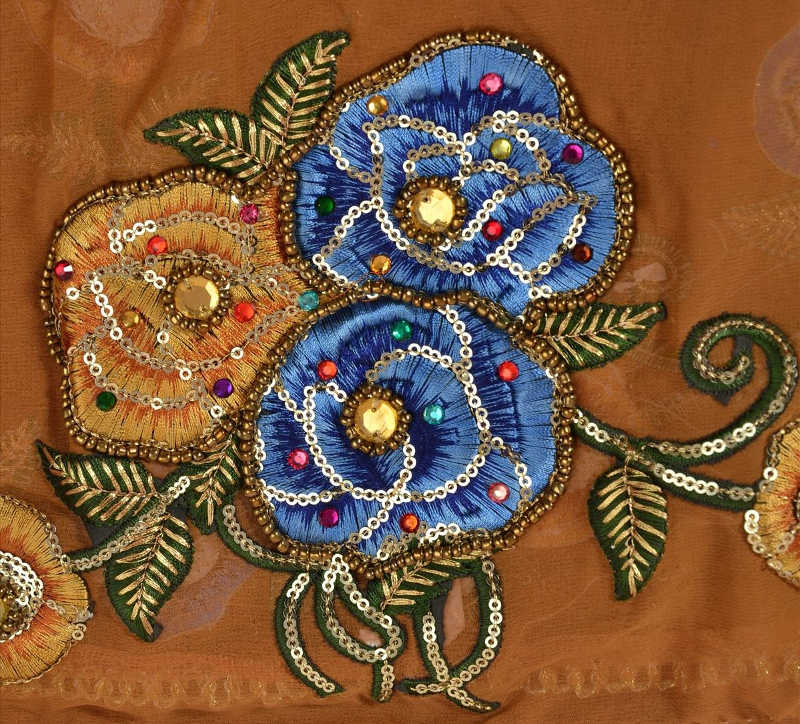===
1537,
5
===

=== |
 |
ziyārat : 'Visiting (a shrine, &c.), pilgrimage'. (Platts p.619)
tabarruk : 'Blessing, benediction; congratulation; a portion of presents (or what is left of food presented to great men, &c.) given to their dependants; sacred relics'. (Platts p.308)
FWP:
SETS == GROTESQUERIE; MIDPOINTS
MOTIFS == DESERT; ISLAMIC
NAMES
TERMS == IMPLICATIONAs SRF observes, the nature of the 'pilgrimage' is cleverly not made clear. Since the desert thorn turning into a bud is surely a kind of miracle, perhaps people make a pilgrimage to observe and honor that (divinely-inspired?) event; then when the pilgrims learn how the event has come about, they express their reverence by taking as 'tabarruk' the water that accomplished the event. Or perhaps they are returning from some other pilgrimage, such as the Haj, and notice a (related?) wonder on their way home. Or perhaps the speaker himself has done a pilgrimage, and along the route his blistered feet have transformed the thorns, so that his fellow pilgrims notice this wondrous event. Such 'tabarruk' in the form of water might well be reverently drunk by its recipients.
The question of who did the pilgrimage has been left ambiguous because 'after the doing of pilgrimage' is what I call a 'midpoint'-- an adverbial phrase that can be read with either the phrase before it (making the speaker the pilgrim) or the one after it (making 'the people' the pilgrims).
For that matter, it's only by 'implication' that we even realize that the lover's blistered feet have been the source of the (miraculous?) 'water' that has turned thorns into buds. The verse is careful not to tell us anything of the kind. This is an uncommonly clear case of implication, because the implied information is at the very center of the verse; without it the verse would make no sense. Some instances of implication involve only secondary or alternative readings; but this instance is primary and fundamental.
As SRF notes, the theme of 'water as tabarruk' is not one that Ghalib has used-- though I might disagree with him about whether it makes sense to say that such a theme 'was not within his power' [ġhālib ke bas kā nah thā]. After all, Ghalib has plenty of what I call 'grotesquerie' verses of his own. Here's one in which he causes us all, willy-nilly, to drink the water from the blisters on the feet-- on the 'feet' of a cloud, too, so that the image is almost as weird as Mir's fertilized thorn-buds:
G{69,1}.